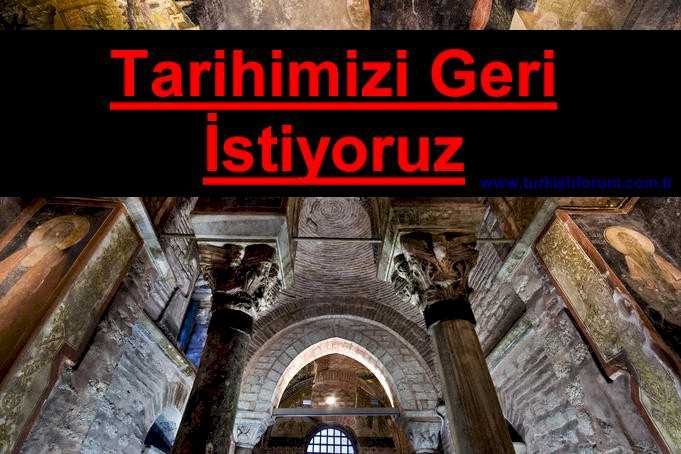Germany has agreed to return the 3,000-year-old Hittite sphinx to Turkey after almost a century, as a gesture of friendship between the two countries.
German and Turkish experts came to an agreement in a meeting in Berlin, where they discussed returning the relic which has been kept at the Pergamon Museum of the Museum Island in Berlin since 1934, Artdaily reported.
The sculpture, which is partly intact, will be sent to Turkey before November 28, 2011, the 25th anniversary of the official recognition of Hattusha, where the object was found as a UNESCO World Heritage Site.
“The SPK has decided to make this voluntary gesture as a special sign of the close ties shared by both countries,” President of the Prussian Cultural Foundation (SPK) Hermann Parzinger said in an official statement.
“I am heartened that this agreement now paves the way for a period of heightened, long-term collaboration in the area of culture and science. Both sides are due to benefit from it enormously.”
The sphinx was found in pieces by a team of German archeologists in 1907 and sent to the Museum of the Ancient Near East in Berlin to be restored and assessed, along with a further 10,000 Hittite clay tablets.
Experts say the relic had been part of a gate complex of the Hittite capital of Hattusha and dates back to the 2nd millennium BCE.
The sculptural fragments found in 1907 were reassembled in the 1920s in Berlin, with some large parts replaced by plaster. Two sphinxes were formed out of the pieces and the best-preserved one was sent back to Istanbul in 1924.
The second sphinx, however, was displayed in the Pergamon Museum together with a copy of its Istanbul counterpart.
TE/HGH
via PressTV – Germany agrees to return Turkish sphinx.



